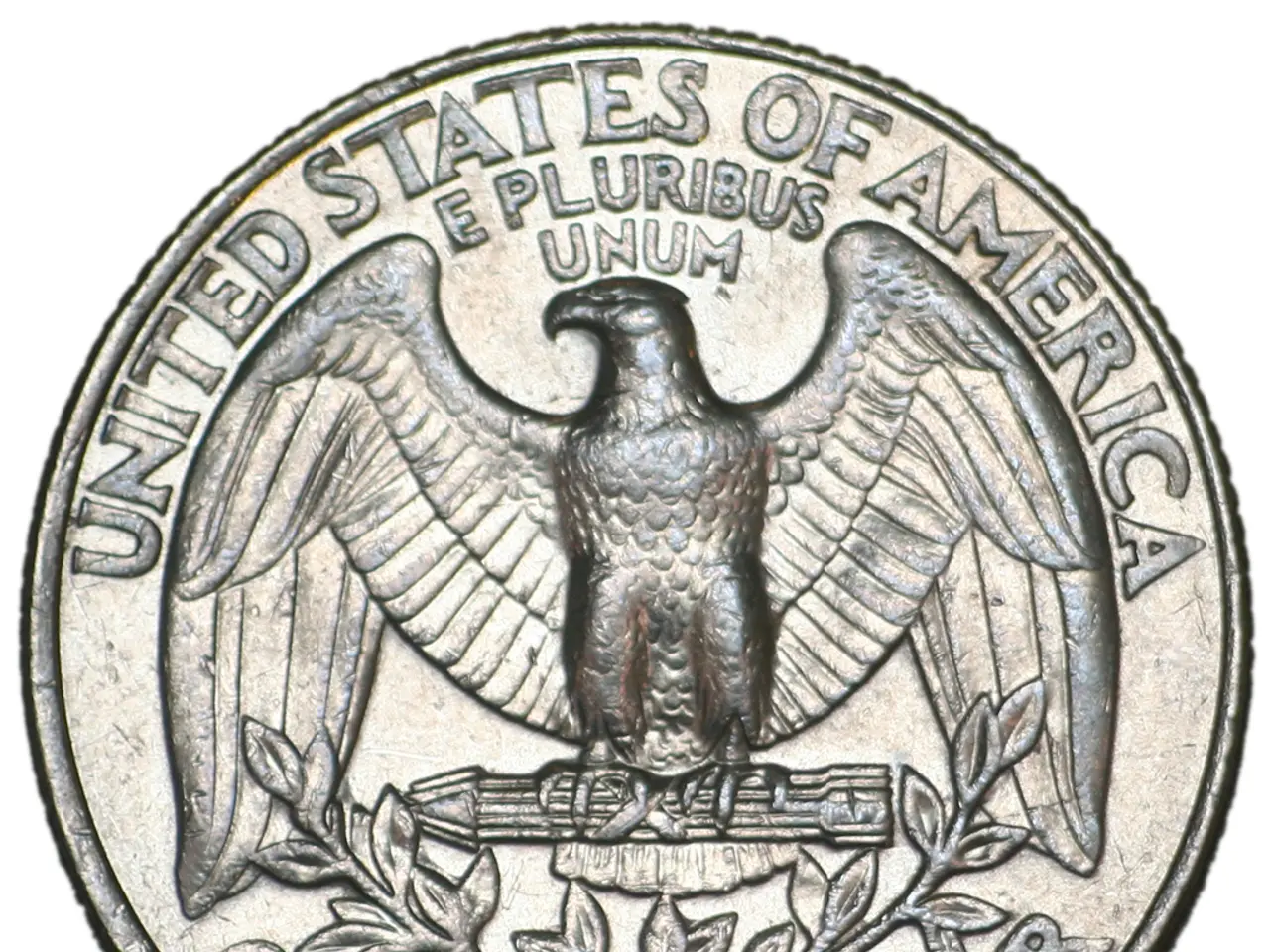Going After the Giant: FTC Tackles Meta's Monopoly in Social Networking
Meta's antitrust trial faces turbulent waters in its second week, suggests an expert.
In a bid to maintain fair competition and prevent monopolies, the Federal Trade Commission (FTC) has leveled an antitrust lawsuit against Meta Platforms Inc., the reigning colossus of personal social networking. This legal battle centers around allegations that Meta's strategic acquisitions of competitors such as Instagram in 2012 and WhatsApp in 2014 were designed to eradicate competition and entrench its reign.
The Courtroom Clash
The trial, which commenced on April 14, has seen the FTC and Meta presenting their respective arguments. The FTC argues that Meta's actions impede competition and stifle innovation, ultimately harming consumers. In response, Meta insists it operates in a highly dynamic market, with rivals like TikTok, YouTube, and Apple's iMessage making it far from a monopoly.
The FTC's Case
To win their claim of monopolization, the FTC must prove that Meta holds a monopoly in the social networking market and that this monopoly harms competition. In a challenging stance, they claim that Meta's dominance deprives advertisers of the advantages that come with competition, such as lower ad prices and improved innovation. The FTC also alleges that Meta has attempted to restrict rivals' ad placements, as evidence indicates.
Meta's Defense
Meta questions the FTC's definition of the relevant market, asserting that it controls only the interactive social media platforms, not the overall social media landscape that includes messaging apps, blogs, and other services. The company also argues that accusations of monopolization rely on a flawed assessment of the competition in the market.
Tough Road Ahead for the FTC
Media outlets and antitrust experts are increasingly raising doubts about the FTC's crusade against Meta. Some argue that the case seems at odds with the Trump administration's deregulatory agenda, which favored light-touch regulation of the tech industry. There are concerns that political pressure may influence the outcome of the trial, adding to the FTC's challenges.
The Future of Tech Competition
The trial's outcome will have far-reaching consequences for the tech industry, as the FTC's victory could lead to a breakup of Meta's operations or impose strict regulations on its future acquisitions. On the other hand, a Meta victory could serve as a deterrent for the FTC to pursue similar cases against other tech giants.
In the meanwhile, Meta's CEO, Mark Zuckerberg, has been cautious about the situation. He acknowledges the possibility of spinning off Instagram and WhatsApp in the coming years as calls for the breakup of big tech escalate. The trial is considered a bellwether case for the tech industry, signaling a potential shift in the regulatory landscape of the industry.
[1] Sheryl Sandberg Addresses Allegations in Meta's Antitrust Trial https://www.foxnews.com/tech/sheryl-sandberg-meta-antitrust-trial[2] Meta Defends Against Antitrust Claims in Landmark Trial https://www.wsj.com/articles/meta-facebook-antitrust-trial-us-senate-11650275058[3] FTC Chair Explains Antitrust Action Against Meta https://www.cnbc.com/2023/04/14/ftc-antitrust-chairman-ferguson-on-meta-trial.html
- The Federal Trade Commission (FTC) is arguing that Meta's acquisitions of competitors such as Instagram in 2012 and WhatsApp in 2014 constitute strategic moves aimed at eradicating competition in April's antitrust trial.
- If successful, the FTC's claim of monopolization would demonstrate that Meta's dominance in the social networking market constitutes a monopoly, potentially leading to breakup or strict regulations on its future acquisitions.
- During the trial, Meta offers a defense by questioning the FTC's definition of the relevant market and claiming that accusations of monopolization rely on a flawed assessment of the competition in the market.







